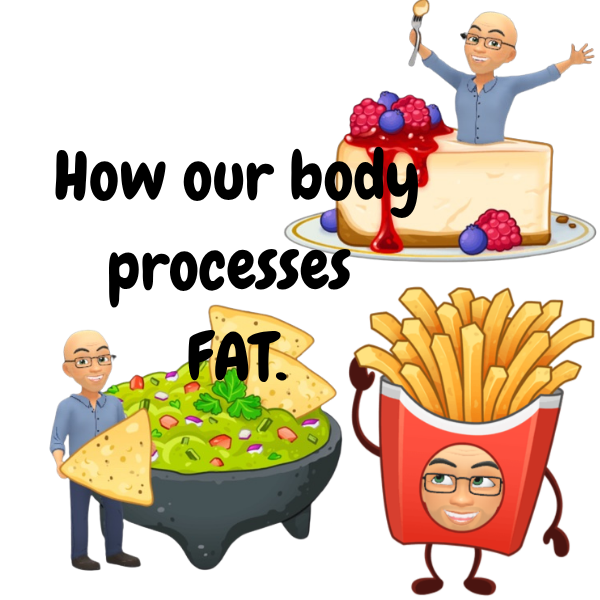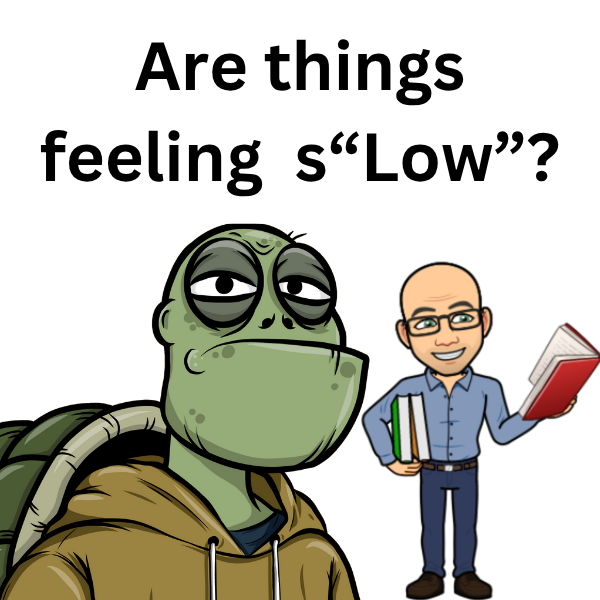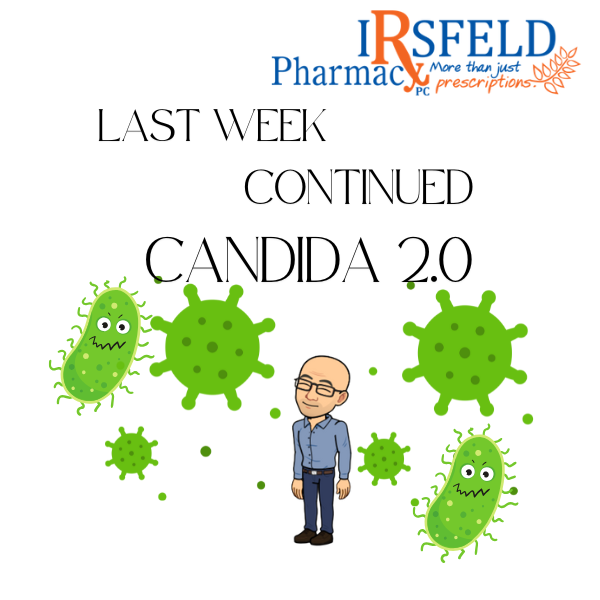The Ongoing Blood Glucose Battle
For those of you dealing with elevated blood glucose, it is an ongoing battle. Fortunately, it is a battle that you can fight because many weapons are available. The sad part of dealing with this is that many people go undiagnosed as elevated blood glucose can sneak up on a person and you could go for years without knowing you have a problem. Diabetes is not a death sentence but if left untreated the end game is not pretty. It can lead to blindness, amputation, dialysis, and ultimately death. All of these options don’t look appealing so addressing this issue and staying on top of it are extremely important. If you suspect you have an issue, you need to test to see where you stand. Four standard tests to run would be blood glucose, A1c CRP, and fasting insulin. Blood glucose below 100 is ideal. A1c is an average of blood glucose over 3 months and a level between 4 and 5.6%. CRP or C-reactive protein is a test of inflammation that I have spoken about in previous articles and a level less than 1 is optimal. Fasting insulin will tell you if you are on the verge of elevated blood glucose levels before they show up and having a level of less than 5 is what you would want. I mentioned weapons and this is the big picture when I am speaking about them; diet, exercise, supplementation, and medication. The first 2 on the list are things that you can do immediately but unfortunately for many, they find these hard to do. As you will see, supplements can be very useful in this fight and can augment diet and exercise. Medications help get you to the target BG level but don’t address the underlying issues or fix the problem. Let’s begin with your body. Are you overweight? Do you have inflammation? I ask these questions because they are necessary to find out where you are at with your physical structure. Simply loosing 10 lbs can reduce your chance of getting diabetes by 60%. Think about that for a minute and if you are faced with that, it seems a little more doable. What kind of diet do you have? That is a topic that could cover several articles but to keep it simple you need to eat fresh fruits and vegetables and lean proteins, nuts, and seeds. Utilize quality oils like olive oil in your cooking. Basically, following a Mediterranean diet that utilizes the above ingredients is what I would recommend following. It is not a fad diet or weight loss program but simply healthy eating that is sustainable. Do you exercise? Aerobic exercise burns blood glucose at the time you are doing it. This needs to be incorporated as part of your daily routine. Exercise will lower blood glucose levels that are elevated. Is resistance training part of your exercise? The reason I ask this is that lifting weights will help you build and maintain muscle mass. Why is this important? Muscle burns glucose all day long and the more muscle mass you have, the more glucose your body will burn at rest. Increased muscle mass increases the amount of glucose that is burned. The final thing you could do before starting medications would be to look at your nutrient status, optimize those areas, and look at targeted nutrients to optimize your blood glucose. When I say nutrient status, I am speaking about micro-nutrients. Micro-nutrients are those that the body needs in small amounts. Often due to diet or medications, these can be depleted not allowing the body to achieve optimal health. These can be tested to check their status and to see if you are deficient. When starting with dietary supplements, I like to start with Vitamin D as we are finally getting into Vitamin D season up here in the frozen tundra. This prohormone has great value in the area of glucose control. Studies show that Vitamin D can act in the brain to decrease body weight, fat mass and food intake, which are factors in blood glucose control, but it also improves glucose tolerance and insulin sensitivity, specifically at the level of the liver. The 2nd nutrient, which along with Vitamin D, is a member of the Core 4 nutrients that I recommend, is omega 3 fatty acids. The research doesn't specifically indicate that omega 3 fatty acids will help treat elevated blood glucose levels but if we look at its effect on inflammation and knowing that diabetes is associated with increased weight and elevated CRP both are indicators of inflammation. Magnesium supplementation can help to restore serum levels, improving insulin sensitivity and metabolic control in type 2 diabetic patients with decreased serum magnesium levels. Here are some other nutrients and extracts that can be helpful with blood glucose. Biotin and the essential trace mineral chromium have clinical research to help in supporting blood glucose already in the normal range. Consider the following plant-based extracts for support in maintaining healthy blood glucose levels. Fenugreek seed, berberine, bitter melon, green tea leaf, Gymnema Sylvestre, and banaba extracts have all undergone clinical studies showing positive effects in helping to maintain blood glucose levels in the normal range. The last avenue in supplementation would be to look at antioxidant support with the addition of cinnamon bark powder, stinging nettle powder, and alpha-lipoic acid. It seems like that is a lot of product to take and you may be thinking, “I really don’t want to take a handful of supplements!” Fortunately, there is a product that has all of these ingredients in one. It is called, Gluco IR and it is designed to help you get that stubborn blood glucose under control. Lastly, these nutrients do not replace the lifestyle modifications that were discussed early; diet, exercise, stress reduction, and good quality sleep. If you are practicing all of those tenants of the Magnificent 7, supplements can further help you in obtaining optimal levels in your battle against elevated blood glucose. My staff and I would like to help you out with questions regarding blood glucose regulation so call to schedule a consultation. Please visit my website at www.irsfeldpharmacy.com to find this and other archived articles in the blog section. Until next time, be vigilant about your health!!












Share On: